Advocacy & policy
EAZA is not only a network of progressive zoos and aquariums but also a partner in the design and delivery of policy and legislation. We support governments and parliamentarians, and work hand in hand with other organisations.
Advocacy & policy
Advocacy
Through Members’ local contacts, our network of affiliated national zoo and aquarium associations and EAZA’s own advocacy team, we contribute to the legislative process across the EAZA region. Our advocacy activities focus on the following themes:
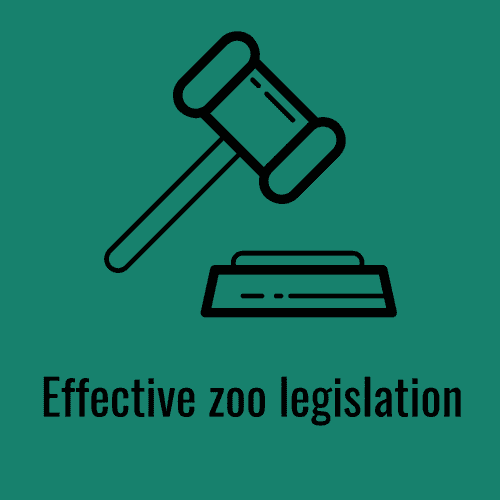
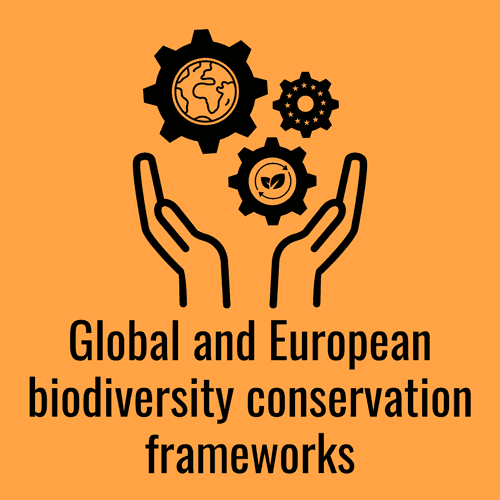
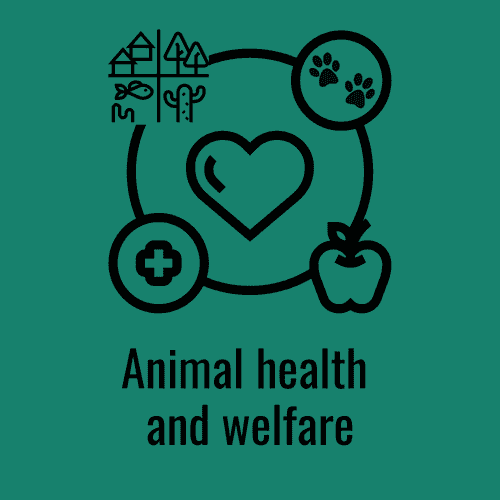
Effective zoo legislation
We support and call for full and effective implementation of EU Zoos Directive and related national laws, to maximise the contribution of zoos and aquariums to nature conservation while ensuring appropriate conditions for animals in their care.
Some 72% of EAZA Members operate in the EU and are therefore regulated by the EU Zoos Directive which aims to strengthen zoos’ contributions to biodiversity conservation. The Directive requires EU Member States to introduce licencing and inspection systems, to ensure high and harmonised standards. EAZA is referenced as an example of good practice, both in the Directive and in the Good Practices Document which guides its implementation.
EAZA’s history is closely interlinked with that of the Zoos Directive. Building a common zoo voice in European policymaking – when the EU began considering some form of zoo regulation, which culminated with the adoption of the Directive – was one of the reasons behind EAZA’s formation in 1992.
See examples of how EAZA Members meet and exceed the Directive’s requirements.

EAZA’s openly available Standards and Guidelines can be used to support the implementation of the Directive. We are ready to assist any public authority with strengthening their zoo licensing systems. Get in touch if you would like to discuss a training for your zoo inspectors or another way in which we can help you make use of the expertise of our community.
Global and European biodiversity conservation frameworks
We support the conservation frameworks that have been set in the past years: the Kunming-Montreal Global Biodiversity Framework, the EU Biodiversity Strategy for 2030, the EU Nature Restoration Law and the EU Action Plan against Wildlife Trafficking.
As stated in EAZA’s response to the EU Biodiversity Strategy for 2030, we advocate for an integrated and collaborative approach to species conservation, combining tools available in the species’ habitats as well as in human care (in situ and ex situ).
This integrated approach has aided the recovery of whole populations of threatened species, from the Iberian lynx to the bearded vulture.
We liaise with the CITES authorities on the national, EU and global stage to help combat illegal, unsustainable and unethical wildlife trade. This builds on EAZA Members’ efforts to rescue and rehome thousands of confiscated or abandoned wild animals every year, following the IUCN Guidelines. The non-commercial nature of EAZA Ex situ Programmes (EEPs) and our strict animal acquisition and disposition standards protect the animals in our care from commercial exploitation.
We also work with policymakers to share our expertise concerning invasive alien species to ensure that the EU Invasive Alien Species Regulation benefits native biodiversity whilst not hampering the conservation of non-European species covered by EEPs.
Our strongest allies in keeping conservation high on the political, social and economic agendas are the 148 million visitors whom EAZA Members host every year. Public participation is a key aspect of EAZA Conservation Campaigns, many of which have led to significant policy changes in nature’s favour.
Animal health and welfare
We call for ensuring strong legislative support for the health of animals in their natural ranges and in human care.
EAZA’s commitment to animal health is guided by the One Health principle, linking the health of humans, animals, and their shared environment. We welcome the formation of the EU Animal Health Law (AHL) as a way to harmonise the management of animal health, including in zoos and aquariums, and to make the expertise of our community applicable in the wild.
In 2023, EAZA and our close partner European Association of Zoo and Wildlife Veterinarians (EAZWV) published a handbook to help state veterinarians apply AHL in zoos and ensure that high health standards are upheld across Europe.
EAZA is also committed to setting high animal welfare standards and promoting positive welfare. Zoos and aquariums that aren’t EAZA Members can follow our health and welfare standards, for example through the openly available EAZA Best Practice Guidelines. We are keen to share our expertise to strengthen animal welfare policies.

Institutional relations
In the European Commission, the executive body of the EU that proposes laws and monitors their implementation, our contacts are mainly focused in two Directorates-General:
- DG Environment is responsible for nature protection, including the EU Zoos Directive, Invasive Alien Species Regulation, Birds and Habitats Directives and the overall EU Biodiversity Strategy.
- DG Sante oversees the health policy and the creation of the Animal Health Law Regulation.
EAZA and our Members provide expert guidance to Members of the European Parliament (MEPs) about biodiversity, zoo legislation, animal health and welfare.
The EU Member States adopt laws (as European Council) and implement them. Via our network of affiliated national zoo associations, we work with authorities in the national and regional capitals to share our expertise and to ensure an evidence-based approach to the creation and implementation of national policies.
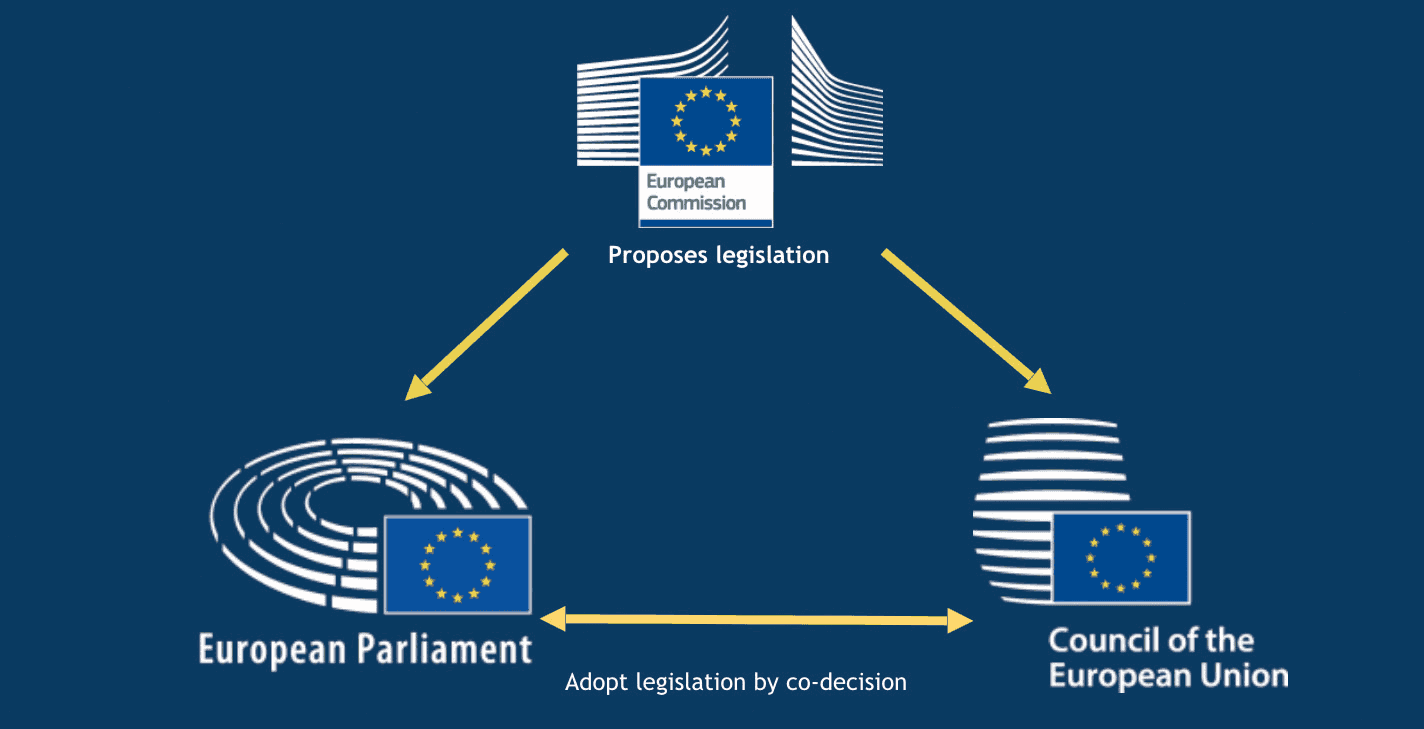
National Zoo and Aquariums Associations
Policy work on national level is just as important for EAZA as being involved on the EU level. Member States and the elected Members of the European Parliament (MEPs) develop and adopt most of the laws and policies that are implemented in all the 27 Member States of the EU – as well as in many more EAZA countries closely associated with the EU.
To contribute to the shaping of zoo-related laws and to their implementation on the country level, EAZA works closely with its National Associations Committee (NAC). The NAC is a hub for exchanging information, coordinating contacts with governments and MEPs, promoting EAZA’s standards and viewpoints, developing relevant positions and background papers, and identifying opportunities for collaboration.
The NAC is composed of 12 national and sub-regional zoo and aquarium associations that are EAZA Associate Members:
AFdPZ, French Zoo Association; AIZA, Iberian Zoo Association; APZA, Portuguese Zoo Association; BIAZA, British and Irish Association of Zoos and Aquariums; DAZA, Danish Association of Zoos and Aquaria; MASZ, Hungarian Zoo Association; NVD, Dutch Zoo Association; RDPOZiA, Association of Directors of Polish Zoological Gardens and Aquariums; SAZA/SDF, Swedish Zoo Association; UCSZOO, Union of Czech and Slovak Zoos; UIZA, Italian Union of Zoos and Aquariums; VdZ, Association of German-speaking Zoological Gardens.

EAZA Members who don’t have a national association in EAZA are represented in the NAC by their EAZA Council Member(s).
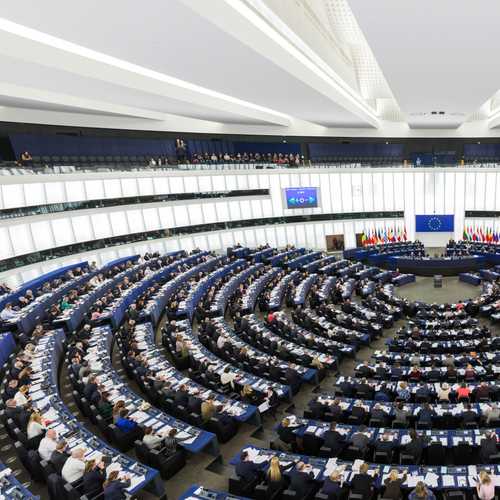
Position Statements
EAZA publishes Position Statements that lay down our organisation’s position on key current topics in international policy and legislation. Some of these statements concern issues that directly affect the operation of zoos and aquariums, whereas others refer to topics of wider interest to EAZA Members, especially the mission areas of conservation, education and research.
EAZA’s policy work is coordinated by the EU policy team in the Advocacy and Communication Department of the EAZA Executive Office, in close liaison with the relevant EAZA Committees: the National Associations Committee and the Veterinary Committee.
